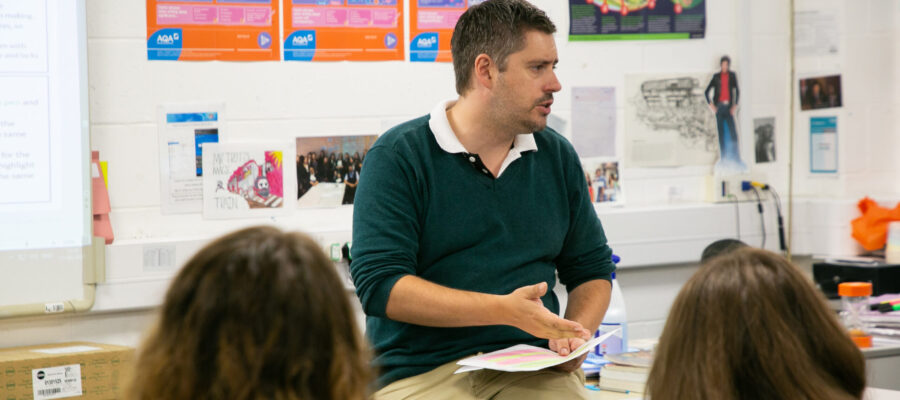
What will I study?
History develops students’ independent thought and analytical skills and requires excellent communication skills. Students will be required to present the results of research both in independent work and in the context of group discussions. Wider reading is essential.
The course comprises of three units. Two units are assessed by final examination, each worth 40% of the total A Level. The third unit is assessed by an historical investigation of 4000 words.
• Unit 1: The Tudors: England, 1485–1603
This unit allows students to study in breadth issues of change, continuity, cause and consequence in this period through the following key questions:
• How effectively did the Tudors restore and develop the powers of the monarchy?
• In what ways and how effectively was England governed during this period?
• How did relations with foreign powers change and how was the succession secured?
• How did English society and economy change and with what effects?
• How far did intellectual and religious ideas change and develop and with what effects?
• How important was the role of key individuals and groups?
Unit 2: Revolution to Dictatorship Russia 1917-1953.
This option provides for the in-depth study of a period of Russian history during which students will the Russian Revolutions, Bolshevik consolidation, the rise of Stalin and his consolidation of power and control. It explores political concepts such as ‘communism’ and ‘socialism’, the nature of Stalin’s dictatorship and his famous purges. It also encourages reflection on how governments work and the problems of totalitarian rule as well as the impact of Russia within wider world events.
Unit 3: Historical Investigation.
An independent research project focusing on approximately 100 years of witch-hunting and witch trials within Europe during the 17th century.
Where will it lead?
There are many university courses available to students who have studied History at A Level, such as History, Ancient History, Classical Civilisation and Archaeology which could lead to a range of career possibilities from Museum Curator to Law and Journalism.
Links with other courses
Politics, English, Religious Studies and Classical Civilisation

